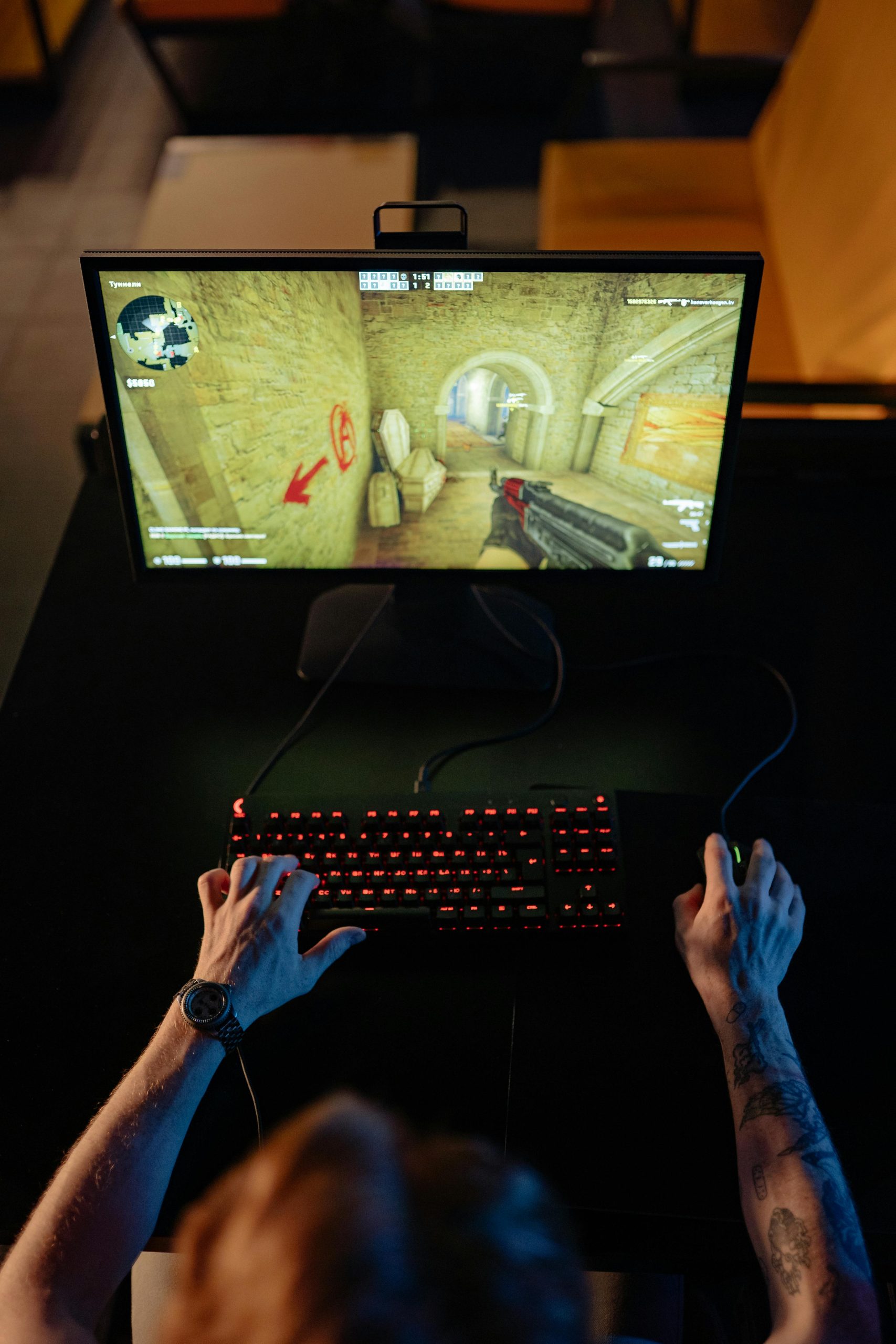Title: Troubleshooting Sudden PC Stuttering and Performance Drops: A Comprehensive Guide
Experiencing sudden system performance issues can be incredibly frustrating, especially when your PC transitions from smooth gameplay at 60 FPS to choppy, unplayable stutters dropping down to 17 FPS or lower. If you’ve found yourself in this situation, you’re not alone. Let’s explore potential causes and systematic troubleshooting steps to diagnose and resolve these issues effectively.
Understanding the Symptoms
In this scenario, the user observed:
- Sudden system-wide stuttering, affecting not only gaming but also basic tasks like typing and launching applications.
- An initial suspicion that the issue was limited to gaming, which later expanded to produce noticeable lag during everyday use.
- Performance deterioration in games, with frame rates sharply dropping from stable 60+ FPS to sporadic spikes around 7 FPS.
- No abnormal CPU utilization or temperature spikes, indicating that heat or CPU overload may not be primary causes.
- Stability issues with other applications, such as Discord and Google Chrome, which previously crashed with error messages like “run out of memory.”
Initial Troubleshooting Steps Attempted
The user has already undertaken several common troubleshooting steps:
- Running Display Driver Uninstaller (DDU) to thoroughly remove GPU drivers.
- Checking system files for corruption and integrity issues.
- Testing with older GPU driver versions.
- Cloning the OS drive and switching to an alternative storage device to rule out drive-related issues.
Despite these efforts, the problem persists, leaving the user uncertain about the underlying cause.
Potential Causes and Diagnostic Approaches
-
Memory Issues:
The error message “run out of memory” suggests a possible RAM problem. Run memory diagnostic tools such as Windows Memory Diagnostic or MemTest86 to identify faulty RAM modules. -
Background Processes and Resource Usage:
Use Task Manager or more advanced monitoring tools (like Process Explorer) to observe background processes that might be consuming excessive memory or CPU resources. -
Malware or Malicious Software:
Rogue software can cause system instability. Run a comprehensive antivirus scan using trusted security software. -
Corrupted System Files or Operating System Issues:
Although system checks were performed, consider running DISM and SFC scans again to repair Windows images and system files. -
Hardware Failures:
Apart from RAM, other components such as the SSD/HDD or GPU could be failing. Run hardware diagnostics provided by your PC manufacturer or third-party tools.
6
Share this content:



